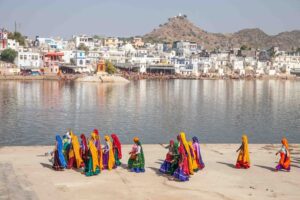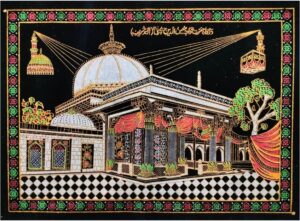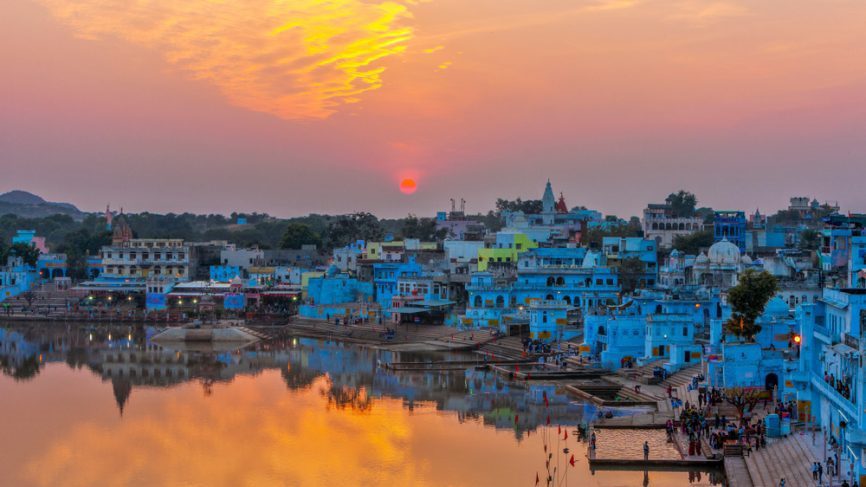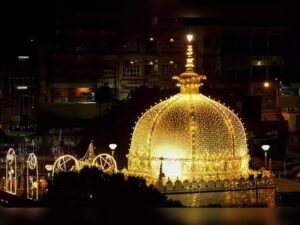Nestled in the heart of Rajasthan, India, lies a cultural and spiritual haven that captivates the soul with its mystical allure—Ajmer and Pushkar. Though distinct in their offerings, these twin cities are intertwined by a shared history and reverence. Thousands of pilgrims, travelers, and seekers flock to these sacred lands each year, drawn by the promise of spiritual enlightenment, cultural richness, and historical marvels.
Ajmer: Where History Meets Spirituality
Ajmer, the larger of the two cities, boasts a rich tapestry of history that dates back centuries. Its most prominent landmark, the Ajmer Sharif Dargah, stands as a symbol of unity and devotion. Built in the 13th century, this Sufi shrine houses the tomb of Khwaja Moinuddin Chishti, a revered saint whose teachings of love, peace, and brotherhood resonate with people from all walks of life.
Beyond the Dargah, Ajmer boasts a treasure trove of historical landmarks, including the imposing Taragarh Fort, which offers panoramic views of the cityscape below. The Ana Sagar Lake, a serene oasis amidst the bustling streets, provides respite to weary travelers seeking solace in nature’s embrace.
Pushkar: The Sacred Lake Town
A mere thirty-minute drive from Ajmer lies the enchanting town of Pushkar, famed for its sacred lake and vibrant bazaars. Legend has it that Lord Brahma, the creator of the universe, dropped a lotus flower on the earth, thus creating the Pushkar Lake.
The town exudes a bohemian charm: its narrow alleys, colorful markets, and eclectic mix of cafes and guesthouses.

Here, amidst the swirling dust and din of traders, one can witness the timeless traditions of Rajasthan come to life—folk music, dance performances, camel races, and vibrant handicrafts—all positioned against the backdrop of the arid desert.
A Tapestry of Culture and Tradition
What sets Ajmer and Pushkar apart is not just their spiritual significance but also their rich cultural heritage. Every corner of these twin cities tells a story of bygone eras and timeless traditions, from the intricately carved temples and havelis to the bustling markets teeming with spices, textiles, and trinkets.

The culinary scene is equally diverse, with flavors that tantalize the taste buds and reflect the culinary prowess of Rajasthan. Whether savoring the spicy flavors of Laal Maas or indulging in the sweetness of Ghewar, every dish is a culinary delight that leaves a lasting impression.
Conclusion: A Journey of Discovery
In Ajmer and Pushkar, the past converges with the present, and the spiritual merges with the secular, creating a mosaic of experiences that linger in all who visit. Whether you seek solace in the sanctity of the Dargah, wander through the bustling bazaars of Pushkar, or soak in the timeless beauty of the desert landscape, a journey to these twin cities is an invitation to explore the depths of history, spirituality, and culture that define this timeless land.
As the sun sets over the horizon, casting a golden glow upon the tranquil waters of the Pushkar Lake, one cannot help but feel a sense of reverence for the enduring legacy of Ajmer and Pushkar—a testament to the resilience of the human spirit and the eternal quest for meaning and enlightenment.

